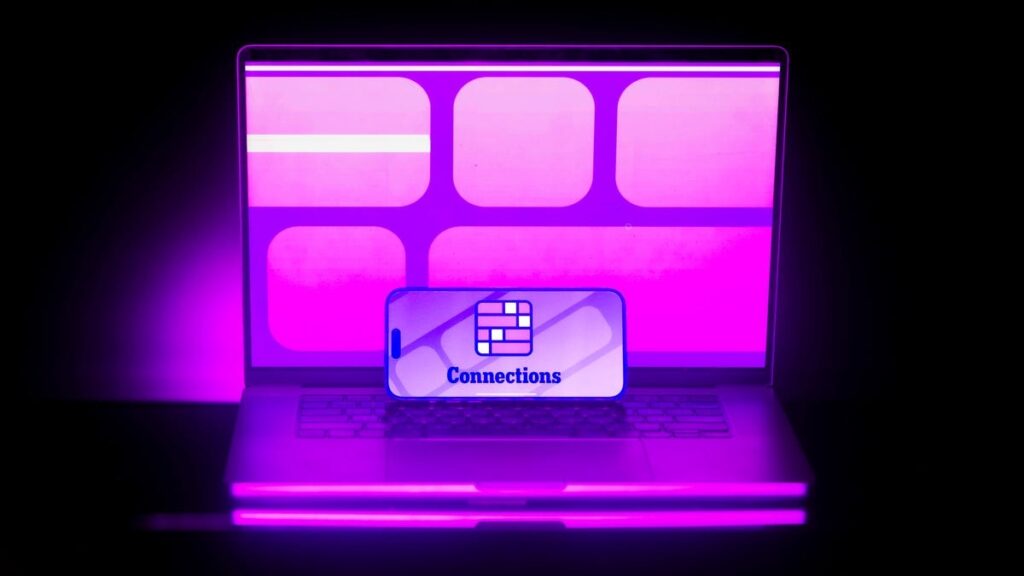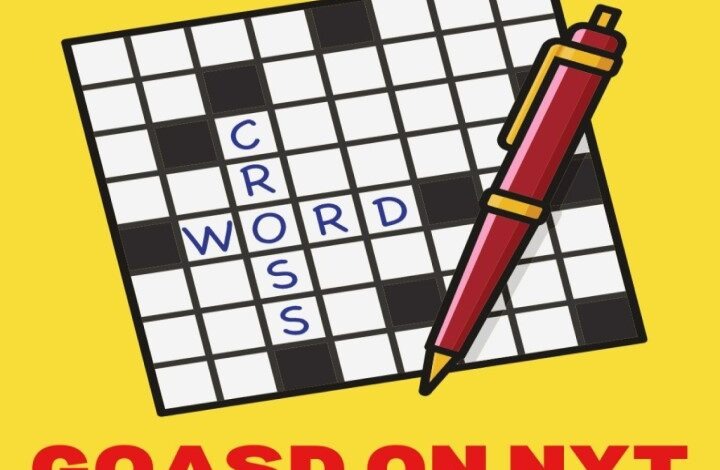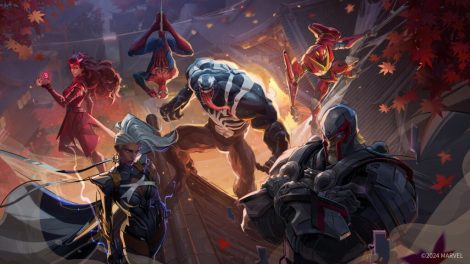Crossword puzzles have been a beloved pastime for generations, challenging our vocabulary, general knowledge, and problem-solving skills. Whether you’re a novice solver or looking to improve your skills, this guide will provide you with valuable strategies to tackle even the most formidable puzzles.

Understanding the Basics
Before diving into advanced techniques, it’s crucial to understand the fundamental structure of crossword puzzles:
- Grid: The puzzle consists of a grid of white and black squares.
- Clues: Divided into “Across” and “Down” sections, corresponding to horizontal and vertical entries in the grid.
- Numbering: Each clue is numbered, matching the numbers in the grid where the answer begins.
Essential Strategies for Solving Crosswords
1. Start with the Gimmes
Begin by scanning the clues for answers you know immediately. These “gimmes” provide a solid foundation for solving the rest of the puzzle.
2. Work Across and Down Simultaneously
As you fill in answers, look for intersecting words. This technique helps you leverage partial solutions to unlock new areas of the puzzle.
3. Pay Attention to Clue Types
Crossword clues come in various forms. Recognizing these can significantly aid your solving process:
- Straightforward definitions: The clue directly defines the answer.
- Wordplay: Includes puns, anagrams, or other linguistic tricks.
- Fill-in-the-blank: Often easier to solve due to context clues.
- Abbreviations: The answer will be a shortened form of a word or phrase.
4. Use the Puzzle’s Theme
Many crosswords, especially in publications like the New York Times, feature a central theme. Identifying this theme can provide valuable context for solving related clues.
5. Consider Word Length and Letter Patterns
The number of squares for each answer can be a significant clue. Additionally, look for common letter patterns or endings (like “-ED” or “-ING” for verbs) to narrow down possibilities.
6. Embrace Partial Solutions
Don’t be afraid to pencil in partial answers. Even a few correct letters can help you decipher intersecting words and lead to a breakthrough.
Advanced Techniques for Crossword Aficionados
1. Build Your Crosswordese Vocabulary
“Crosswordese” refers to words that appear frequently in crosswords but rarely in everyday language. Examples include:
- ETUI (small ornamental case)
- ALEE (on the sheltered side of a ship)
- ESNE (medieval laborer)
Familiarizing yourself with these terms can give you a significant advantage.
2. Recognize Common Cluing Techniques
Experienced constructors often use specific techniques to create challenging clues:
- Misdirection: The clue appears to refer to one context but actually points to another.
- Homonyms: Words that sound alike but have different meanings and spellings.
- Hidden words: The answer is concealed within the clue itself.
3. Leverage Your Knowledge of Constructors
Regular solvers often become familiar with specific constructors’ styles. This can provide insights into the types of wordplay or references they prefer.
4. Use Cross-Referencing Clues Effectively
Some clues refer to other entries in the puzzle. While these can be challenging, they often provide valuable context when solved.
Tools and Resources for Improvement
1. Expand Your General Knowledge
Crosswords often draw from a wide range of topics. To improve your solving skills:
- Read widely across various subjects
- Stay informed about current events
- Explore different cultures and historical periods
2. Utilize Online Resources (Judiciously)
While it’s most satisfying to solve puzzles unaided, online tools can be valuable learning resources:
- Crossword dictionaries
- Anagram solvers
- Themed word lists
Use these sparingly to learn new words or techniques rather than as a crutch.
3. Practice Regularly
Consistency is key to improving your crossword skills. Consider:
- Solving a puzzle daily
- Tracking your solving times to measure progress
- Challenging yourself with increasingly difficult puzzles
Overcoming Common Challenges
1. Dealing with Writer’s Block
If you find yourself stuck:
- Take a break and return with fresh eyes
- Focus on a different section of the puzzle
- Review clues you’ve skipped for new insights
2. Managing Difficult Themes or Wordplay
For particularly challenging puzzles:
- Try to identify the overall theme or pattern
- Look for clues that might be part of the theme
- Consider alternative interpretations of ambiguous clues
3. Balancing Time and Enjoyment
While some solvers enjoy racing against the clock, remember that crosswords are primarily for enjoyment. Find a pace that allows you to appreciate the puzzle’s cleverness and learn from challenging clues.
Conclusion: The Joy of Crossword Mastery
Mastering crossword puzzles is a journey of continuous learning and improvement. As you apply these strategies and expand your knowledge, you’ll find yourself tackling even the most formidable puzzles with increasing confidence and enjoyment.
Remember, the true reward lies not just in completing the grid, but in the mental workout, the “aha” moments, and the satisfaction of unraveling each clever clue. Happy solving!










Add Comment